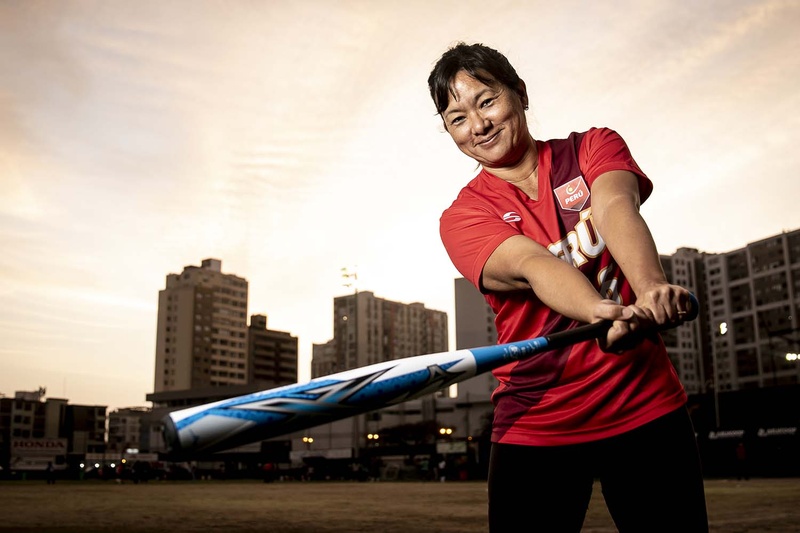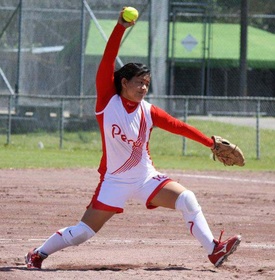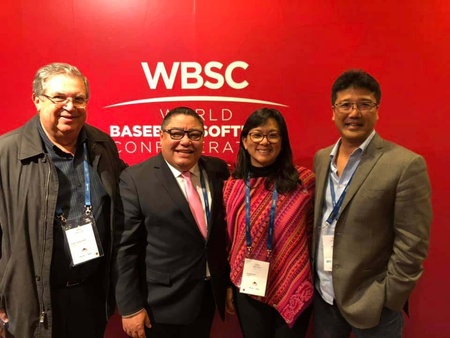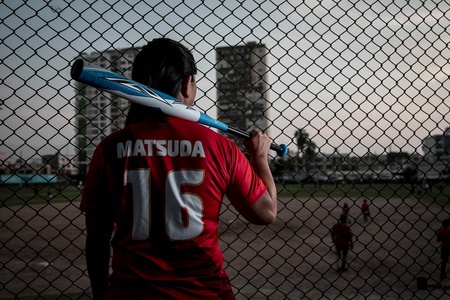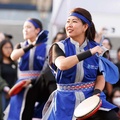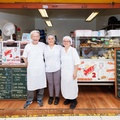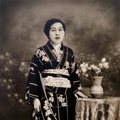Marisa Matsuda Matayoshi might be famous for her humility, but in the baseball and softball training camp, two sister sports, at the AELU club in Lima, there is no one who doesn't know her. Everyone greets her as if she were living in a permanent celebration for her last two personal achievements: at the beginning of 2019 she received the Women and Sports badge, awarded by the International Olympic Committee (IOC), for her work as a softball leader, and at the end of it year she gave her biggest hit: being included in the sport's Hall of Fame.
“We must be doing something right,” says Marisa, who started playing softball at La Unión school, while her brothers played baseball. With them and her cousins she played 'bata', that game that was improvised in any park in Lima and that is so similar to softball that she used it as a reference when she was going to spread this sport in several cities in the country. In the eighties, he participated with the AELU in the interschools and from there he jumped to the national team.
“We played all day, from dawn until night,” she remembers sitting in a grandstand watching the children practice baseball. In Peru, there is an almost automatic division of these sports: baseball for boys, softball for girls, although in her role as leader Marisa Matsuda has managed to get more children interested in this sport. “In recent years we have grown a lot, before we had nowhere to train and now we are going to return to the Videna field (National Sports Village).”
Marisa remembers that when the news broke that Peru was going to organize the Pan American Games, all the directors of the sports federations were happy. She took it with concern because she felt that they needed to prepare a lot, so she began to work very hard with the board to do a good job. Thus they went from running the risk of not participating to holding a decent competition that has earned them a next tournament: the U-18 Women's Softball World Cup in 2020, the first in this category.
ALWAYS IN THE FIELD
As a player and manager, Marisa Matsuda's resume has several pages of success. Eight awards between 1991 and 2016 (four of them as Best Softballer of the Year), seven championships in different tournaments representing the AELU, eight South American championships (one silver and three bronze medals), three Pan American and two regional games show a life dedicated to softball. “At the national team level I played between 1985 and 2000, then I retired and played again from 2011 to 2014.”
She left the position of pitcher to join the leadership of the AELU and the Peruvian Federation from 2010 to the present, being included as a member of the Women and Sports commission of the Baseball and Softball Confederation-Softball Division (WBSC-Softball Division), and the Pan American Softball Confederation (WBSC-Americas Softball). In addition, she was vice president of the South American Softball Confederation and president of the Peruvian Softball Sports Federation, currently being its executive director.
In all those years, Marisa says, the most difficult thing has been finding a place to train. There was a time when they did it in La Videna, then in the El Olivar sports field, in Jesús María, and also in the AELU, but there was a time when they had to look for parks. None of this has deterred her; On the contrary, he seems to always be at the forefront of defending a sport whose promotion seems more like social work. “We have gone to Chincha to look for new players in the schools and also in Chachapoyas, where the girls have adopted softball as their flagship sport.”
FAME AND LEADERSHIP
The inclusion in the Hall of Fame of the World Baseball and Softball Confederation did not surprise Marisa Matsuda because every year the list of new members, including players and officials, proposed by the federations, is announced. In this select list of 23 members, announced in Sakai, Japan, his name appeared among the 249 members from 38 countries around the world. “Peru has been a promoter of this sport throughout the region,” adds the leader.
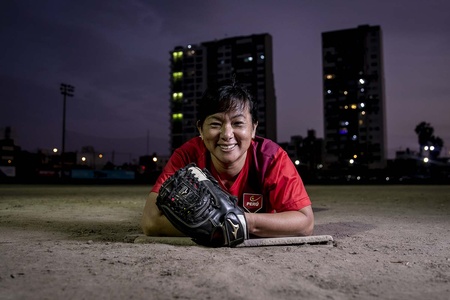
This impulse, which has made three schools in Villa María del Triunfo begin to practice it regularly, which has allowed Peru to have a men's softball team, with children who are beginning to become familiar with this sport from a young age, and which has led to several selected to study abroad on scholarships, is an example of the great work of the leadership of this sport that is still practiced as an amateur, but that demands greater prominence and investment from the State. “When we go to different cities the first thing they tell us is that they don't have a budget,” says Marisa.
Even with all this, Marisa is proud of the work that the board chaired by Vanessa Endo has been doing, grateful for the permanent support she receives from the AELU and satisfied with the performance of the new players (for the U-18 World Cup that Peru will organize, the women's team ranked fifth, behind the region's powerhouses). More than a celebrity, Marisa is a leader who continues to demonstrate great sacrifice and commitment to the Peruvian team, as well as attitude. “After the Pan American Games I was the first to applaud the organization; we will have the same challenge for the World Cup.”
* This article is published thanks to the agreement between the Peruvian Japanese Association (APJ) and the Discover Nikkei Project. Article originally published in Kaikan magazine No. 122, and adapted for Discover Nikkei.
© 2020 Texto y fotos: Asociación Peruano Japonesa



